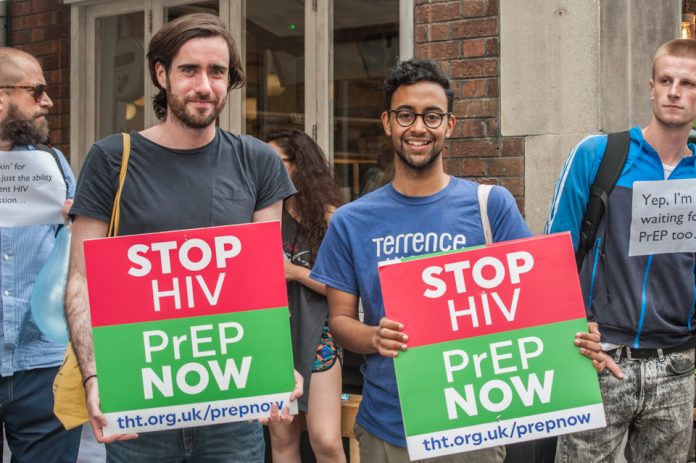Truvada, the fixed-dose combination of tenofovir disoproxil fumarate (TDF) and emtricitabine (FTC) is a critical medicine in both HIV treatment and prevention. It is used as pre-exposure prophylaxis (PrEP), which can reduce HIV transmission by over 90% in sero-discordant couples. Affordable pricing of the product is therefore important for public health.
Since July 2017, Truvada has been available in generic forms in some European countries (eg. the Netherlands, France) but not in others (eg. UK, Switzerland). This is because the key patent covering tenofovir disoproxil expired in July 2017 in most countries, but not in all. In Europe, some countries have extended the duration of the tenofovir patent beyond the 20-year patent term by granting a supplementary protection certificate (SPC).
SPCs can be granted by national patent offices when necessary to ensure that a medicine benefits from 15 years of effective patent protection after the date of the first market approval. Although such patent extensions are not a requirement of the TRIPS agreement, most high-income countries have adopted prolonging patents to compensate for delays linked to drug market approval, regardless of whether such delays affect the profitability of the product.
In Europe, SPCs are granted based on EU regulation n°469/2009 [pdf], but patent offices and national courts have had different interpretations of the EU regulation. Hence, an SPC was granted on the tenofovir patent by the French, UK and Swiss patent offices, while the Netherlands, Italy and Greece rejected its grant.
Rejecting the SPC can result in significant improvements in the medicine’s affordability: In the Netherlands, for example, the price of TDF/FTC has dropped from 344,28 Euro (Gilead’s Truvada) for a 30 day supply to 47,95 Euro for the generic version. The main reason for the rejection of the SPC is that the patent in question claims tenofovir but not emtricitabine, so there is no reason to extend the patent on tenofovir based on the date of market approval of the combination tenofovir/emtricitabine. In France, the generic drug maker Mylan challenged the French SPC and the courts confirmed that the SPC was invalid [pdf]. The same happened in Spain. In the UK – where several generic companies challenged the SPC – the judge of the high Court asked clarification to the European Court of Justice on how to interpret the EU directive. The ECJ Attorney General recently concluded that the patent on tenofovir should not have been granted an SPC because this patent does not claim emtricitabine specifically, in accordance with the EU regulation.
Why didn’t Gilead request an SPC to extend this tenofovir patent based on the marketing approval of TDF (sold under brand name Viread) instead? The tenofovir patent was filed in July 1997 and Viread (tenofovir) was then approved by the European Medicines Agency (EMA) in February 2002. Viread enjoyed more than 15 years of effective patent protection between February 2002 and July 2017, at the expiration of the 20-year patent term, and therefore does not deserve an SPC according to the EU regulation. Truvada was approved three years later in 2005. Gilead’s request for a tenofovir patent extension based on Truvada’s approval therefore appears to have been an attempt to obtain a patent extension in contradiction with the spirit and letter of the EU regulation. It is hoped that the ECJ will follow the opinion of the attorney general, clarify the legal basis for obtaining SPCs and clear away the barrier to access of generic Truvada.
This will also hopefully give food for thought to the review of SPCs and other pharmaceutical incentives by the European Commission. According to the SPC regulation, “At the moment, the period that elapses between the filing of an application for a patent for a new medicinal product and authorisation to place the medicinal product on the market makes the period of effective protection under the patent insufficient to cover the investment put into the research.” Given that Gilead’s sales of Truvada are around 3Bn US$ a year, maybe it is time to review the SPC regulation.
Pascale Boulet, LLM, is a lawyer and an expert in patent searches and patent landscapes on medicines in developing countries, with over 20 years’ experience.
